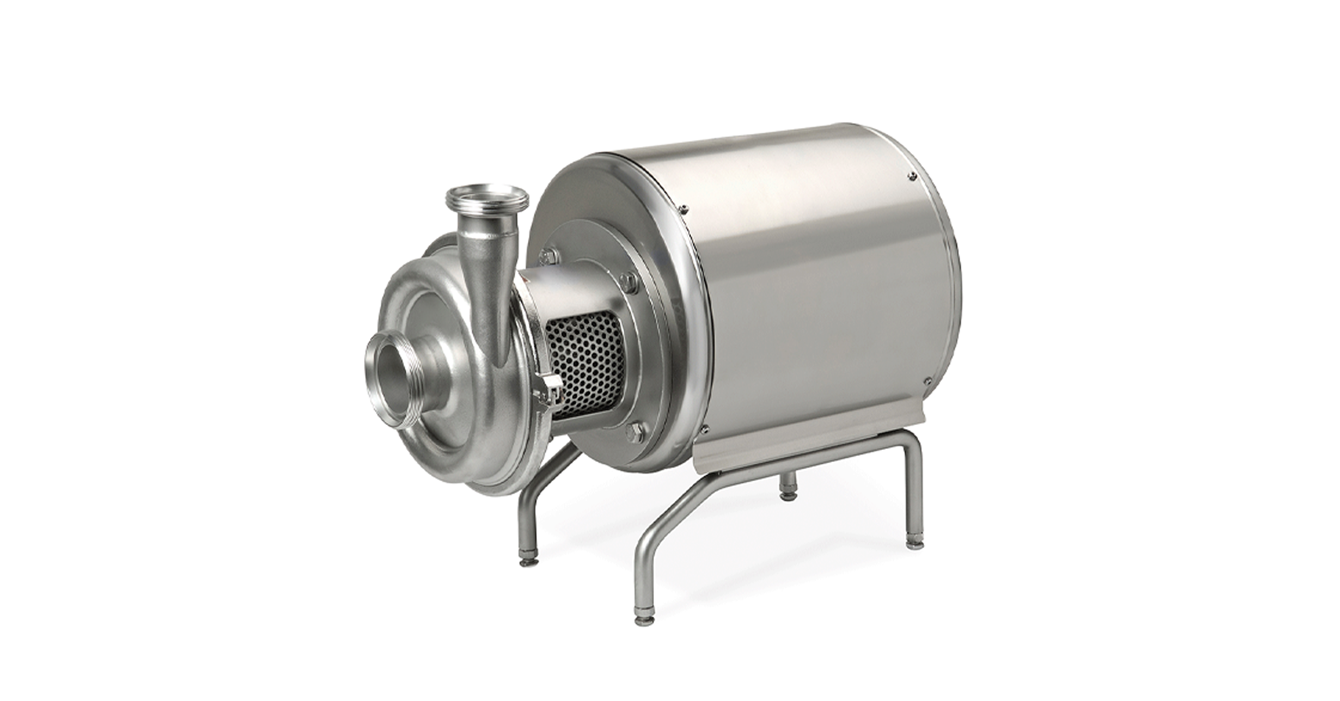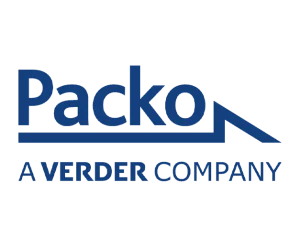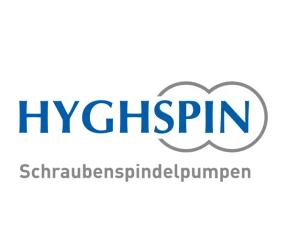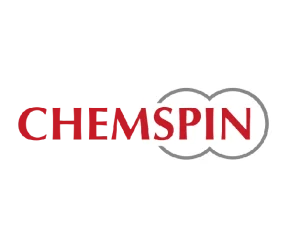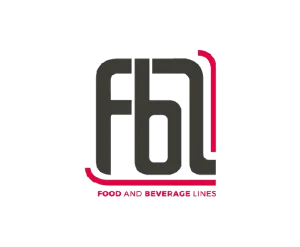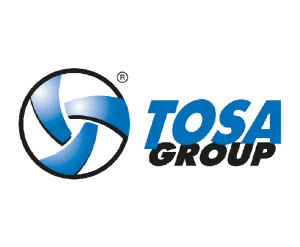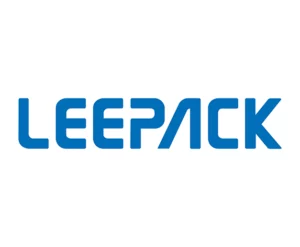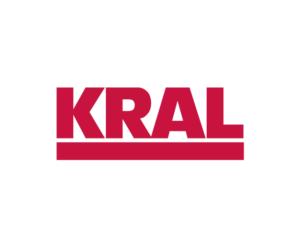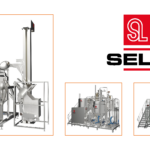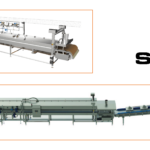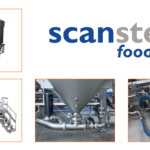Like standard industrial centrifugal pumps, hygienic pumps work on the principle of centrifugal force. The impeller rotates in the casing, drawing liquid through the inlet and pushing it out through the outlet under pressure. However, the design of a hygienic pump has a number of key differences:
- Materials of execution:
- All contact parts are made of stainless steel (usually AISI 316L) to prevent corrosion and contamination.
- Use seals made of materials such as EPDM or PTFE that meet FDA and EHEDG standards.
- Hygienic design:
- No Dead Zones, which minimizes the risk of product residue accumulation.
- Smooth surface of the internal components with a high polish level (Ra ≤ 0.8 μm) for easy cleaning.
- Compatible with CIP/SIP systems for automatic cleaning and sterilization without disassembly.
- Delicate transportation:
Hygienic pumps ensure gentle transportation of products while preserving their structure, which is especially important for delicate products (yogurts, creams, syrups). - Protection against contamination:
All design solutions are aimed at eliminating the risk of foreign elements entering the product, making the pumps ideal for sterile processes.
Main differences from an industrial centrifugal pump
| Characteristics | Hygienic pump | Industrial pump |
|---|---|---|
| Body materials | Stainless steel AISI 316L | Cast iron, steel, bronze |
| Design | No dead spots, smooth surface, easy cleaning | Focus on durability, without emphasis on hygiene |
| Standards | EHEDG, FDA, 3-A compliance | May not meet sanitary standards |
| Products for transportation | Food, pharmaceutical, cosmetic products | Water, chemical solutions, technical fluids |
| Sterilization and cleaning | CIP/SIP compatibility | Not supported |
| Price | Higher due to the use of special materials and design | Usually lower due to simpler construction |
Areas of application for hygienic pumps
- Food industry: Pumping milk, juices, purees, liquid dough, sauces.
- Pharmaceuticals: Transportation of sterile solutions, syrups, vaccines and biological products.
- Cosmetics industry: Work with lotions, creams, shampoos, and other products.
- Drinks: Pumping beer, wine, soft drinks and concentrates.

